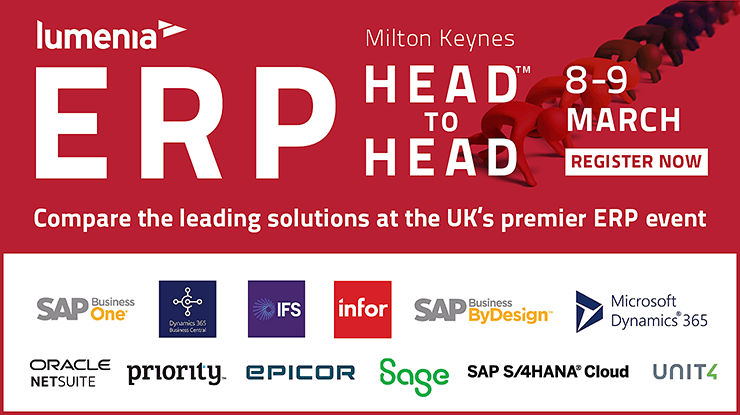ERP replacement projects are rarely taken on lightly. Transformation at the scale of ERP can be complex, costly, disruptive and risky. That said, when well executed, the benefits can be great.
So why, might you consider changing ERP?
1. End of the road
Many organisations wait until the end of the road to change ERP. This is when the existing technology stack will no longer be supported. All major ERP solutions implemented over ten years ago have already, or will soon, reach this point – SAP ECC6, Oracle eBusiness Suite, Microsoft AX2012, to name a few. Even when there is an “upgrade” path to the more current products from these vendors, the change is such that many organisations decide to look at the market anew when faced with this reality. Evergreen cloud solutions should make this reason a thing of the past. Time will tell. In the meantime there are significant install bases of all of the major ERP solutions that will, sooner or later, need replacing.
2. Consolidation & Harmonisation
Many organisations grow through acquisition. That generally leads to a multi-ERP landscape within the organisation. In very decentralised organisations that can work fine, with powerful CPM and xP&A solutions enabling the global view. Most organisations acquire to integrate, harmonise and avail of synergies however. That tends to work best when the systems supporting the operations are standardised – maybe as a single instance, maybe as integrated or aligned instances availing of a global competency centre. In either case some or all ERP solutions will need to be replaced.

3. Shrinking Footprint
Sometimes as organisations evolve, functions become outsourced. In other cases product or service lines change completely. In either case, the functional footprint of the ERP solution that is needed in the business might rationalise or shrink. A manufacturing capability in the system might no longer be needed if all manufacturing is outsourced. This could open up the possibility that different ERP solutions might be suitable for the business. It could mean that savings on subscriptions could be made by changing solution. It could mean that a new ERP is worth evaluating.
4. Straight Jacket
Many organisations, particularly those running legacy ERP solutions, may have built custom add-ons for their ERP. Often these are poorly documented and not fully understood. Often too, they depend on an ageing technology base. Over-time the businesses may decide to invest no more in the custom stack to avoid adding risk. It becomes an innovation straight jacket, or at best drives the business to shadow IT solutions that are not part of a coherent business systems strategy. When this happens, it can be time to face the music and replace the ERP with a sustainable and extensible modern technology.
5. Poor Fit
Closely related to point four is when an ERP solution doesn’t provide the capability to support core business processes. This may happen because the ERP was implemented at an early stage in the company’s growth, before business processes were mature and functional requirements were clear. An ERP might have been selected and implemented to get something in quickly to enable accounting and financial reporting. As the business grew other solutions are implemented around the edges of ERP – maybe not integrated, maybe not with IT’s involvement, maybe not as part of a coherent strategy. This shadow IT investment may have addressed specific problems at a point in time but it is likely that over time it becomes unwieldy and creates impediments to providing the best solution to business requirements. As with the “straight jacket” scenario a time will come when a new ERP is needed.
Any of the above, or variations of these themes, may mean it is time to consider a new ERP.
This blog article was written by Ian O’Toole, Consulting Manager at Lumenia Consulting.
If you are considering changing your ERP why not attend the ERP HEADtoHEAD™ in Milton Keynes on March 8th & 9th 2023. Hosted by leading independent ERP consultants, Lumenia, the ERP HEADtoHEAD™ brings together leading ERP vendors, demonstrating their solutions “head-to-head” over two days. This is the most efficient way to get a quick market overview for any organisation considering an ERP change. Find out more: https://erpheadtohead.com/uk/



